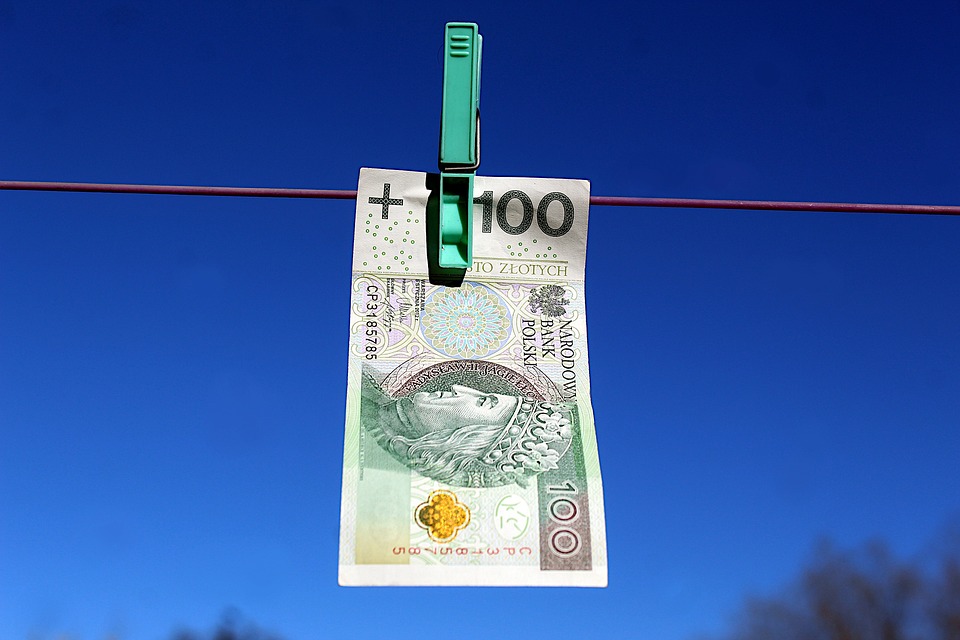How to Use a Credit Card Wisely When You Have Bad Credit
Bad credit can feel like a financial anchor, limiting your options and increasing your costs. However, using a credit card wisely can not only help you manage your finances more effectively but also improve your credit score over time. With careful planning and disciplined financial habits, you can leverage credit cards to your advantage. Here’s how.
Understand Your Credit Situation
Before you can use a credit card wisely, it’s important to understand where you stand. Obtain a copy of your credit report from the three major credit bureaus—Equifax, Experian, and TransUnion. Review your report for any inaccuracies and dispute any errors you find. This will give you a clear picture of your credit situation and help you create a plan to improve it.
Choose the Right Credit Card
Not all credit cards are created equal, especially when you have bad credit. Look for credit cards that are specifically designed for individuals with poor credit scores. Secured credit cards, for instance, require a deposit that becomes your credit limit, making them a safer option for both the lender and you. Research cards that report to the credit bureaus, as this will help you rebuild your credit.
Secured Credit Cards
A secured credit card is often the best choice for people with bad credit. You’ll need to provide a cash deposit that serves as your credit line, reducing the risk for the lender. Use the card responsibly to make small, manageable purchases, and pay off the balance in full each month to avoid interest charges.
Low-Fee Credit Cards
Some credit cards targeted at consumers with poor credit can have high fees. Look for cards with low annual fees and avoid those with hidden or excessive charges. Carefully read the terms and conditions to understand what fees you might incur.
Create a Budget
Creating a budget is essential in managing credit card use effectively. Start by listing your monthly income and expenses. Allocate a portion of your income for savings and debt repayment, ensuring you have enough left over for necessary expenses. Use your credit card only for budgeted purchases to avoid overspending.
Pay Your Balance in Full
One of the best ways to use a credit card wisely is to pay off the balance in full each month. This prevents interest from accruing on your purchases and keeps your credit utilization ratio low, both of which are important for improving your credit score. Set up automatic payments to ensure you never miss a due date.
Keep Your Credit Utilization Low
Your credit utilization ratio—the amount of credit you use compared to your credit limit—impacts your credit score. Try to keep your utilization below 30%. This shows lenders that you’re not overly reliant on credit, which can improve your credit score over time.
Monitor Your Credit Score
Regularly monitor your credit score to track your progress. Many financial institutions and third-party services offer free credit score monitoring tools. Keeping an eye on your score will help you understand the impact of your financial habits and motivate you to maintain or improve your credit.
Avoid Applying for Multiple Cards
Each time you apply for a credit card, it results in a hard inquiry on your credit report, which can temporarily lower your score. Avoid applying for multiple credit cards in a short period. Instead, focus on using one or two cards responsibly to build your credit over time.
Conclusion
Using a credit card wisely when you have bad credit requires discipline, planning, and a commitment to improving your financial habits. By choosing the right card, creating a budget, paying your balance in full, and monitoring your progress, you can gradually rebuild your credit score. Remember, improving your credit is a marathon, not a sprint, so stay committed to your financial goals and you’ll see positive results over time.


